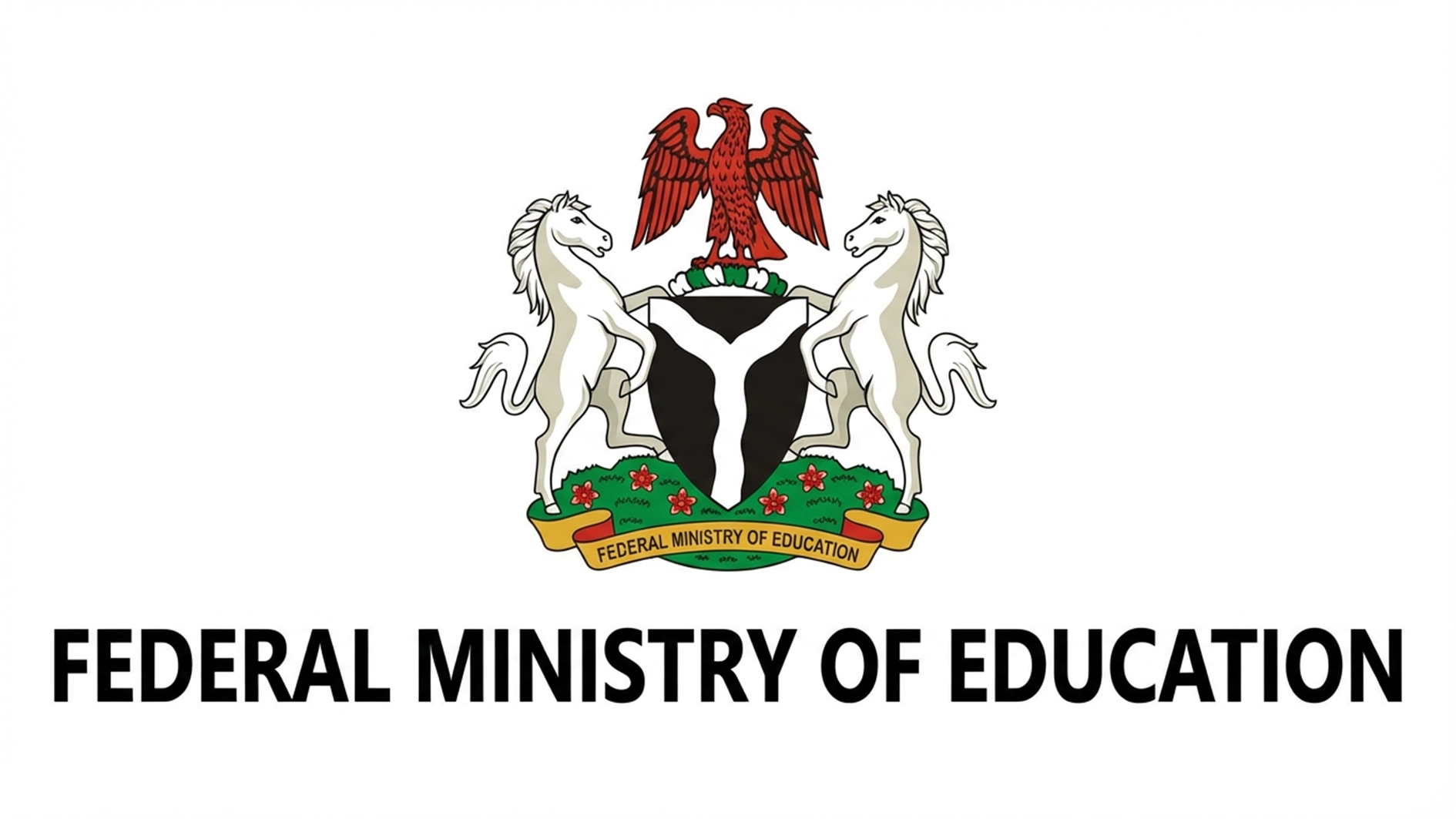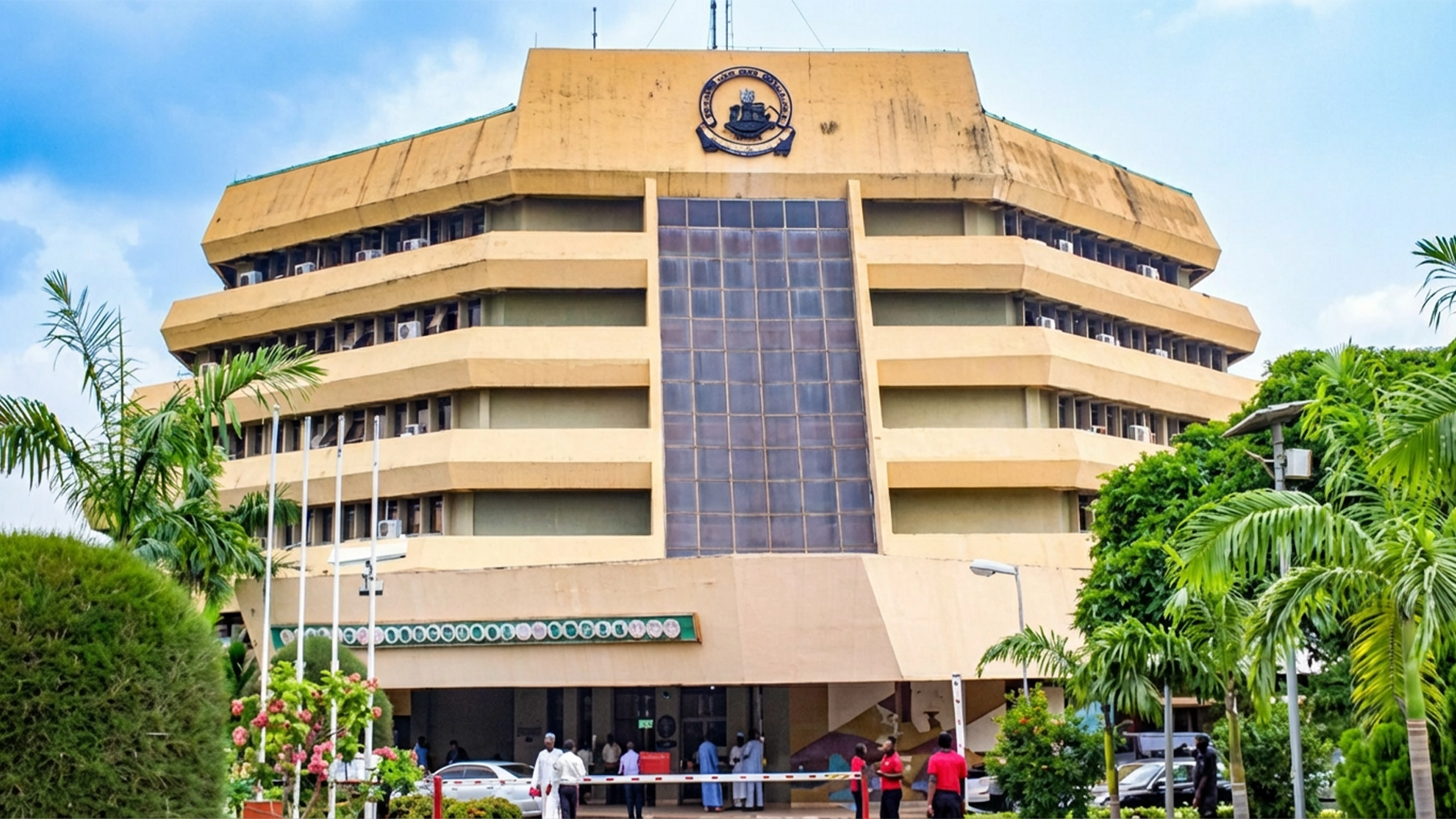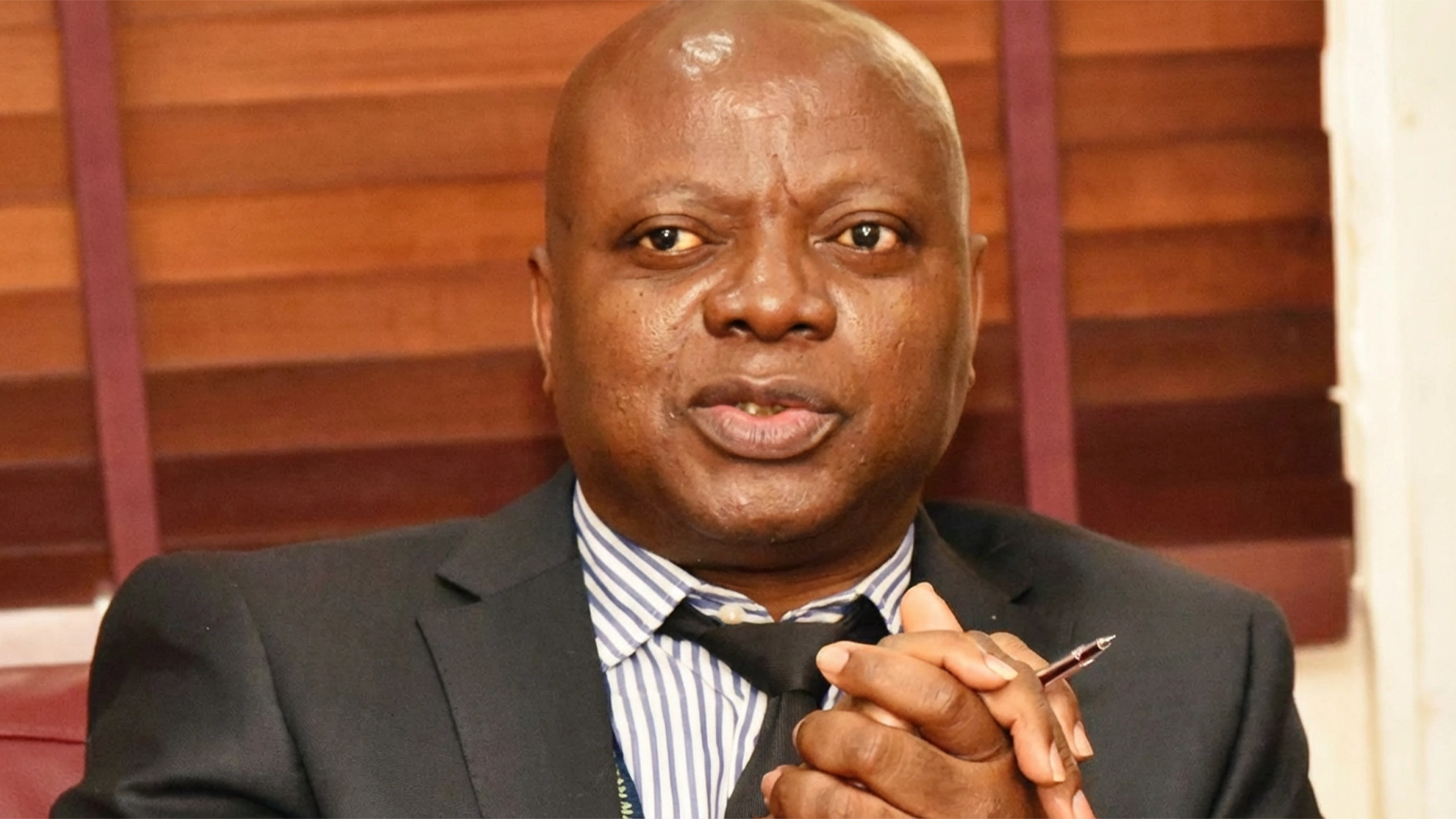The Executive Director of the Planned Parenthood Federation of Nigeria (PPFN), Dr. Okai Haruna Aku, has called on the Federal Government to integrate Comprehensive Life-Skills and Health Education (CLHE) into the national school curriculum, emphasizing that it is vital for shaping the attitudes and health behaviors of young Nigerians, particularly in matters relating to sexual and reproductive health and rights (SRHR).
Dr. Aku made this call at the graduation ceremony for students who completed the CLHE modules under PPFN’s intervention in selected schools across the Federal Capital Territory (FCT). The programme, which empowers adolescents with accurate information on their bodies, relationships, and decision-making, aims to reduce gender-based violence, teenage pregnancy, and misinformation about reproductive health.
“We are calling on the Federal Government to take this comprehensive life and health education seriously and put it in the school curriculum,” Dr. Aku said.
“It will improve the way our children, youths, and adolescents behave in terms of sexual and reproductive health and rights. Sexual reproductive health is also a human rights issue.”
He added that while subjects such as biology already touch on related topics, CLHE offers a deeper understanding of personal health, self-awareness, and responsible decision-making.
“If we incorporate this into the school curriculum, it will go a long way. And don’t forget, when you train a woman, you train a nation. If a woman is healthy, the family, the community, and the country will be better off,” he stressed.
Responding to questions about the Senate’s recent decision to strike out the clause on safe termination of pregnancy from the Criminal Code Amendment Bill, Dr. Aku expressed deep concern, describing it as a setback for women’s health and rights in Nigeria.
“The danger is simple- more women are going to die,” he lamented.
“It is unfortunate that ignorance is killing us. If the Senate President can overrule a Senator standing for the rights of women, it shows how backwards we are. We are not advocating for abortion; we are saying that where a woman’s life is in danger, there must be medical intervention.”
He further explained that the PPFN will continue its advocacy through evidence-based and value-based messaging that respects cultural and religious sensitivities while promoting understanding and acceptance of reproductive health education.
“Our value-based messaging allows us to communicate without clashing with people’s beliefs. We are not saying anyone should not give birth or that abortion should be legalised, we are saying that family planning and informed choices are the foundation of healthy families,” Dr. Aku noted.
Graduating students from various intervention schools shared personal testimonies of how the CLHE modules transformed their understanding of self-care, respect, and mutual responsibility between boys and girls.
Samsefet Omwa, a student of Government Secondary School, Lugbe, said she learned vital lessons on menstrual hygiene and dispelled myths she once believed.
“They taught us that painful menstruation does not end when you have sex; that is a misconception. I have learned to take care of myself and to help others avoid ignorance,” she said.
Another student, Michael Eragbay Ahigbe from Government Secondary School, Karu, emphasised that boys also play a key role in supporting girls during menstruation and should be educated to act responsibly.
“When girls have their period, we shouldn’t mock them. We should make them comfortable and take them to a guidance counsellor if needed. The government should make this education part of the school curriculum so every student can learn it,” he said.
For Mrs. Olabisi Otusoya, a teacher from Army Day Secondary School, Mambilla Barracks, the training opened her eyes to the realities adolescents face.
“I thought I knew enough as a teacher, but I learned a lot from interacting with the students,” she said. “Many young girls take drugs to cope with sex or to ‘feel high,’ which shows how badly we need this kind of education. Parents should also talk to their children about sexuality and make them feel comfortable discussing such issues.”
Dr. Aku reiterated PPFN’s commitment to extending reproductive health education and services to adolescents, vulnerable groups, and internally displaced persons (IDPs) in conflict-affected regions.
He noted that the organisation, founded before Nigeria’s independence, has evolved from a family planning initiative into a comprehensive reproductive health and rights movement that addresses adolescent health, menstrual hygiene, and gender equality.
“Sex is a natural thing, and our duty is to ensure that young people understand their bodies, make informed decisions, and live healthy lives. When young people take charge of their health, we build a healthier and more productive nation,” he stressed.






